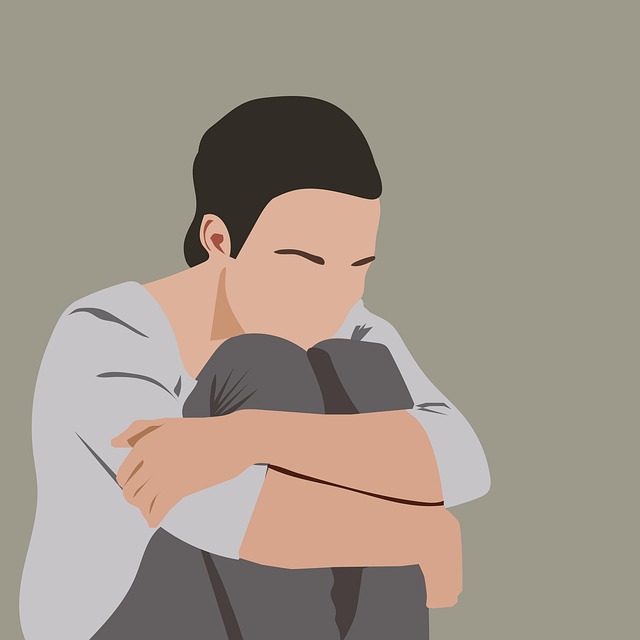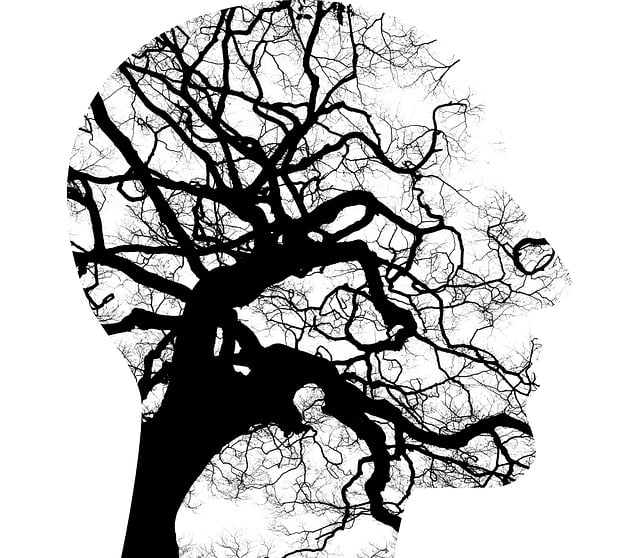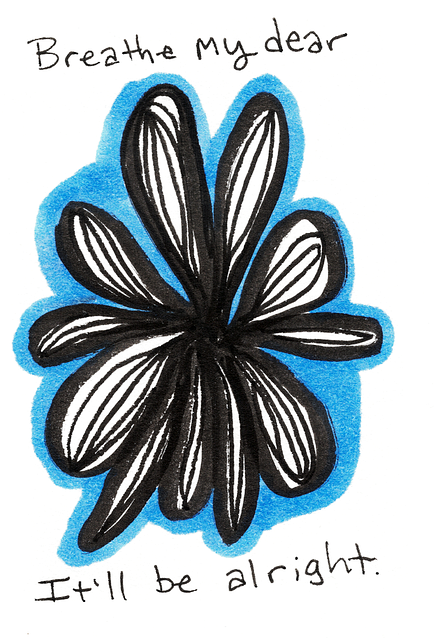In Highlands Ranch, Resilient Focused Movement (RFM) therapy offers a holistic approach to supporting individuals facing cancer issues by integrating physical movement with emotional well-being. This personalized, culturally sensitive method combines mindfulness and stress management strategies to enhance resilience among patients. High-RFM activities, including high-intensity interval training and mindfulness meditation, significantly improve emotional well-being, mental fortitude, and quality of life for cancer survivors and patients. By addressing both physical and mental health concerns, RFM programs empower individuals to navigate their journeys effectively and contribute to long-term recovery.
“Unveiling the power of Resilience-Focused Exercise (RFM) in cancer care, this comprehensive guide explores its pivotal role in supporting patients in Highlands Ranch. We delve into how RFM, a holistic approach, enhances well-being and survivorship. From understanding the core concepts of RFM and its impact on patient lives to practical activities tailored for therapy, we uncover strategies that combine mindfulness and movement. Join us as we explore success stories, highlighting the transformative effects of RFM in addressing Highlands Ranch’s cancer issues.”
- Understanding RFM and Its Role in Cancer Support
- The Impact of Resilience-Building Exercises on Patients' Well-being
- High-RFM Activities for Effective Therapy in Highlands Ranch
- Incorporating Mindfulness and Movement into Cancer Care
- Success Stories: How RFM Enhances Cancer Survivorship
Understanding RFM and Its Role in Cancer Support

Understanding RFM, or Resilient Focused Movement, is a key aspect in supporting individuals facing cancer issues in Highlands Ranch. This therapeutic approach recognizes that physical movement can be a powerful tool to enhance emotional well-being and promote resilience among cancer patients. By integrating RFM into cancer therapy, healthcare professionals aim to go beyond traditional treatment methods and address the holistic needs of those navigating this challenging journey.
Incorporating cultural sensitivity in mental healthcare practice is essential within this context. RFM exercises can be tailored to respect diverse cultural backgrounds, ensuring that every patient feels comfortable and supported. This personalized approach encourages participants to explore their emotional responses through movement, fostering conflict resolution techniques that may arise from the cancer diagnosis and its impact on daily life. From cultivating mindfulness during exercise to learning adaptive strategies for managing stress, RFM contributes to a comprehensive strategy aimed at improving overall resilience in Highlands Ranch’s cancer support community.
The Impact of Resilience-Building Exercises on Patients' Well-being

Resilience-building exercises have been shown to significantly enhance the emotional well-being of patients facing challenging health issues, such as those in Highlands Ranch cancer support groups. These practices go beyond traditional therapy by incorporating techniques that promote positive thinking and self-care, fostering a sense of empowerment among participants. By engaging in regular activities designed to build mental fortitude, individuals can better navigate the highs and lows associated with their medical journeys.
The impact extends beyond mere coping mechanisms; these exercises enable patients to cultivate a deeper sense of inner strength and adaptability. This newfound resilience not only assists in managing the psychological effects of cancer but also encourages a more proactive approach to self-care. As a result, individuals become better equipped to handle stress, maintain focus on their treatment plans, and ultimately improve their overall quality of life during and after their cancer experience.
High-RFM Activities for Effective Therapy in Highlands Ranch

In Highlands Ranch, where cancer issues may be prevalent and stress levels high, engaging in High-RFM (Resilience, Fitness, and Mindfulness) activities can significantly enhance therapy outcomes. This approach combines robust physical exercises with mindfulness practices to build mental fortitude, a crucial aspect of navigating challenging health situations. High-intensity interval training, for instance, not only improves cardiovascular fitness but also boosts endorphin release, naturally enhancing mood and reducing anxiety.
Resilience building through structured programs in Highlands Ranch is essential for cancer survivors and those undergoing treatment. Mindfulness meditation, integrated into these activities, helps individuals stay present and cultivates a sense of calm. Moreover, developing a consistent self-care routine for better mental health becomes more manageable when coupled with the physical benefits of High-RFM exercises. These practices collectively empower residents to take charge of their well-being during and after cancer care.
Incorporating Mindfulness and Movement into Cancer Care

Incorporating mindfulness and movement into cancer care is a holistic approach that addresses both physical and mental health concerns for patients in Highlands Ranch facing cancer issues. This therapeutic strategy goes beyond traditional treatments, focusing on techniques like meditation, deep breathing exercises, and gentle yoga to enhance mental wellness and reduce anxiety relief. By integrating these practices, healthcare professionals aim to improve patients’ overall quality of life during their journey.
Mindfulness and movement therapies offer a unique way for individuals to connect with their bodies, fostering better communication strategies and self-awareness. These activities can help patients navigate the challenges they face, promoting resilience and emotional well-being. Through regular participation in such programs, cancer survivors may find it easier to cope with side effects, manage stress, and maintain a positive mindset, ultimately contributing to their long-term recovery and overall well-being.
Success Stories: How RFM Enhances Cancer Survivorship

In the Highlands Ranch community grappling with cancer issues, the implementation of RFM (Resilience, Fitness, and Mindfulness) programs has emerged as a game-changer in cancer survivorship. These innovative exercises combine physical activity with mental wellness coaching, targeting not just the body but also the emotional well-being of survivors. By integrating techniques such as mindfulness meditation and self-care routine development, RFM enhances patients’ resilience during and after therapy, making it an invaluable asset in their journey towards recovery.
Success stories abound, with former participants attesting to improved mental wellness coaching programs development and a significant boost in overall emotional well-being promotion techniques. Many survivors report feeling more empowered and equipped to handle the challenges of cancer treatment and its aftermath, thanks to the holistic approach offered by RFM exercises. This positive impact extends beyond physical health, as individuals cultivate stronger mental fortitude, making them better prepared to navigate life’s complexities, including the profound changes that come with cancer survivorship.
Resilience is a powerful tool in the fight against cancer, and integrating RFM (Resilience-Building Exercises) into patient care can significantly enhance survivorship. The various exercises discussed, from mindfulness practices to high-RFM outdoor activities, offer holistic support for patients navigating Highlands Ranch’s cancer issues. By combining these approaches, healthcare professionals can empower individuals to embrace challenges, improve their overall well-being, and ultimately foster a sense of empowerment during and after therapy. This tailored approach to therapy in Highlands Ranch has proven successful, providing valuable insights into the potential of RFM to transform cancer care experiences.











